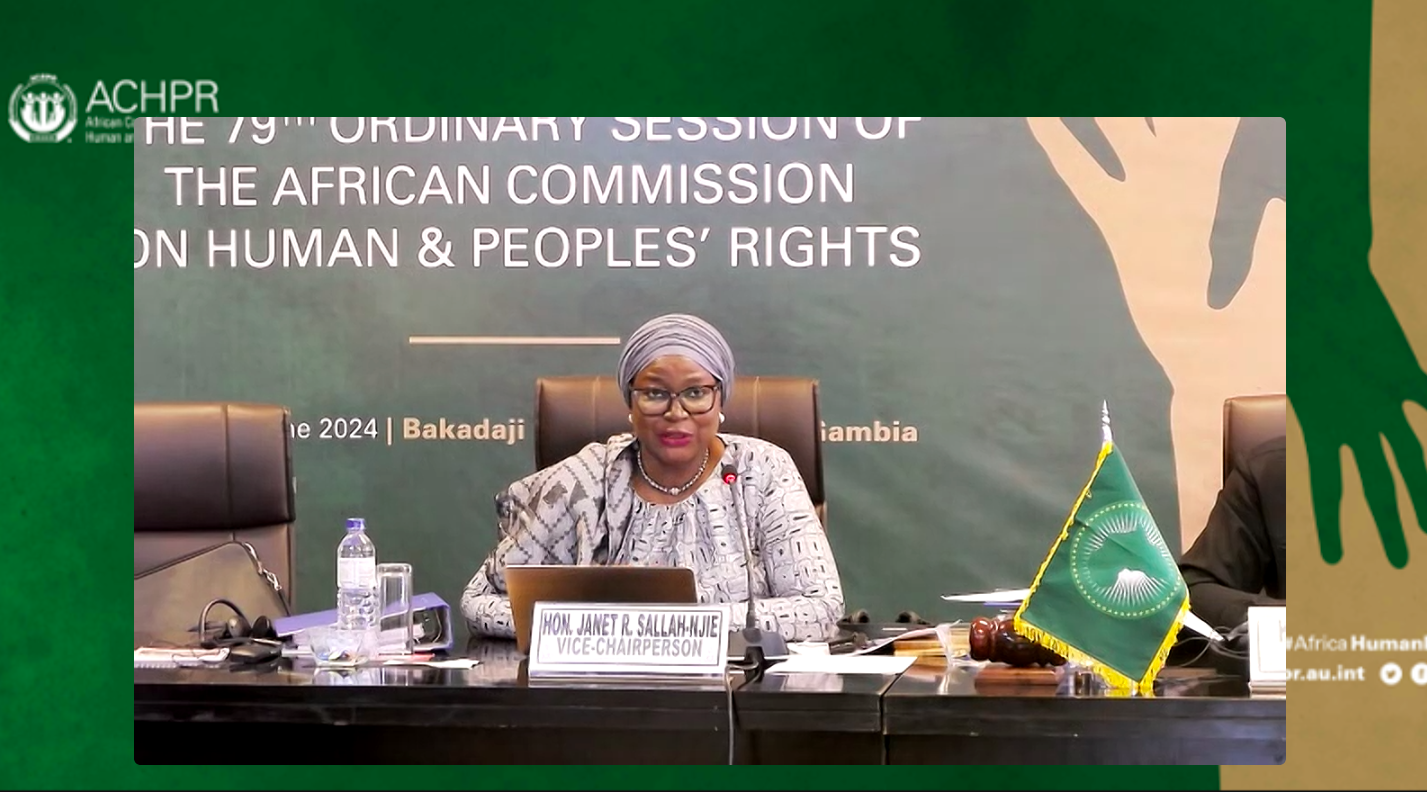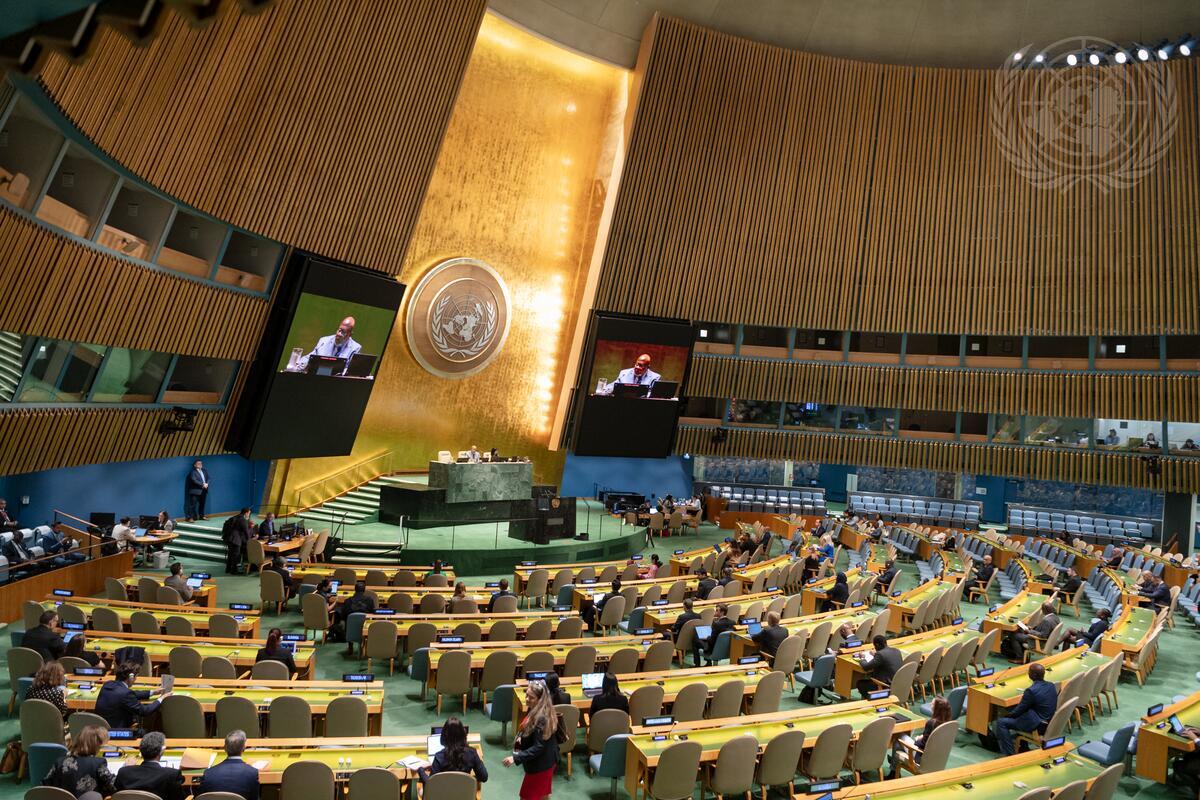On 23 May 2024, the African Commission on Human and Peoples’ Rights (African Commission) held a panel on State reporting at its 79th Ordinary Session organised in a hybrid format from 14 to 3 June 2024. The panel aimed to share success stories on State reporting so that they could benefit key stakeholders including States, members of the Commission, national human rights institutions and civil society organisations. Panellists shared challenges obfuscating the ability of States to submit their periodic reports to the African Commission and formulated recommendations States and the Commission could implement to comply with their reporting obligation. Panellists included the Vice-Minister of Justice, Constitutional and Religious Affairs of Mozambique, the African Commission’s Special Rapporteur on the Rights of Women in Africa and Vice-Chairperson of the African Commission, the UNDP Human Rights Officer supporting Mozambique in its reporting efforts and the African Commission’s Focal Point on Reporting.
Low level of reporting
Three African human rights instruments, which the African Commission monitors the implementation, institute a reporting obligation: the African Charter on Human and Peoples’ Rights (Article 62), its Protocol on the Rights of Women in Africa (Article 26) and the Convention for the Protection and Assistance of Internally Displaced Persons in Africa (Kampala Convention) (Article 14(4)). However, not all the States submit their initial or periodic report to the African Commission. For instance, only Cameroon among 33 state parties has submitted its report on measures it has adopted to realise the rights guaranteed by the Kampala Convention. Regarding the Maputo Protocol, only 21 States have submitted their reports while 24 have not done so. The African Commission’s Special Rapporteur on the Rights of Women noted among States that have reported, many have not followed the Guidelines the African Commission developed in 2009 to direct them on how they should structure their reports to provide a greater picture of the status of the implementation of the Protocol.
In his opening remarks, Commissioner Hatem Essaiem lamented States’ poor commitment to their obligation to report given that 50 per cent of member States to the Charter have a minimum of three delayed reports and six have never reported on measures adopted under Article 62 of the African Charter.
Recognising and addressing challenges
Yet, reporting on human rights improves the quality of their protection.
According to the Special Rapporteur on the Rights of Women, reporting is a peer learning tool and serves as a venue for civil society organisations to bring issues States have not raised.
These benefits notwithstanding, the reporting process faces several challenges. The Vice-Minister of Constitutional Affairs of Mozambique listed some of them as follows:
- problems in the allocation of funds and technical human resources to the national committee tasked to report to ensure it can effectively carry out its activities
- issues with the collection and gathering of timely information to ensure prompt submission of periodic reports
- poor institutional capacity of the Committee that prevents it from understanding measures to report on and draw on other countries’ best practices
- the need to improve consultations with NGOs to collect inputs from them and holding national consultation seminars on the reporting process.
Some of these challenges have been addressed through civil society organisations’ provision of technical support to committees on reporting and the possibility that certain reports African States have submitted to UN mechanisms could be aligned, using the same data, and submitted to African bodies to prevent, among others, the heavy reporting burden. Furthermore, there should be coordination between the various government bodies. Such coordination is crucial in the collection of necessary data. It facilitates the timely submission of the State report.




